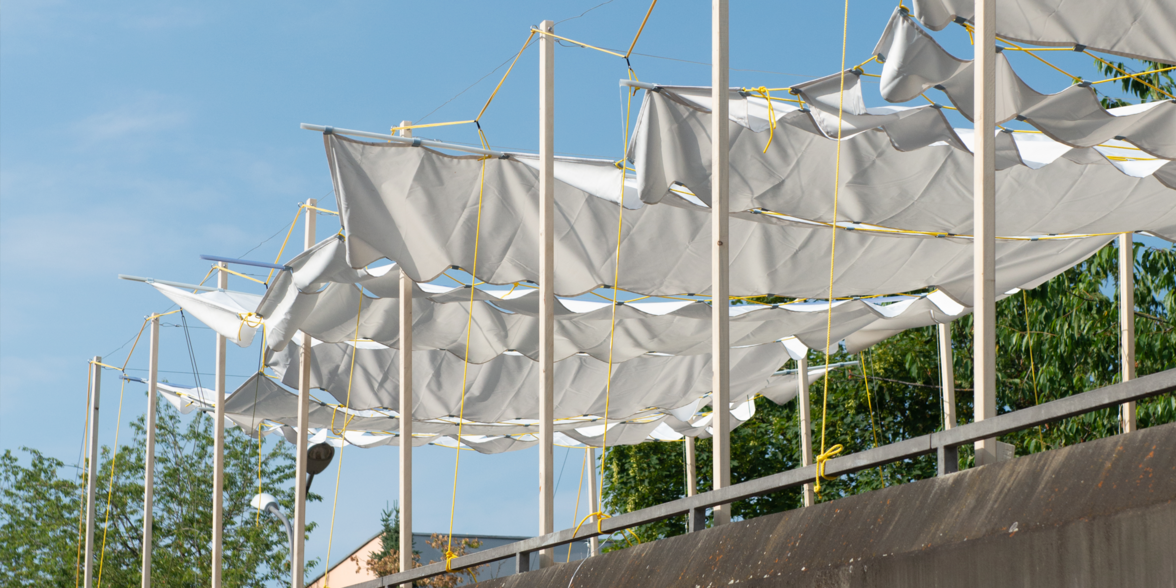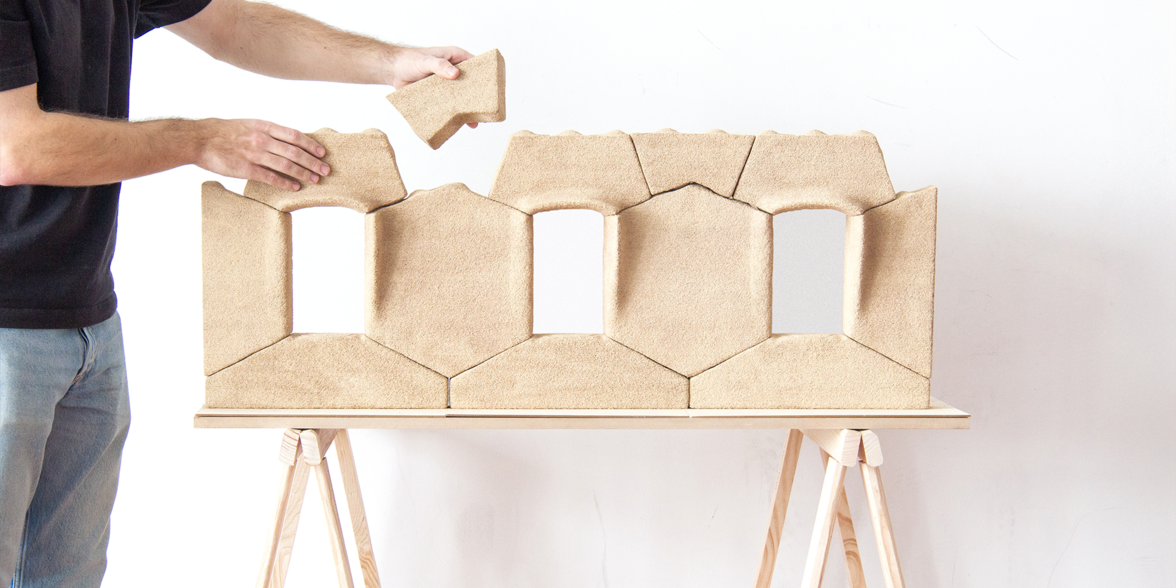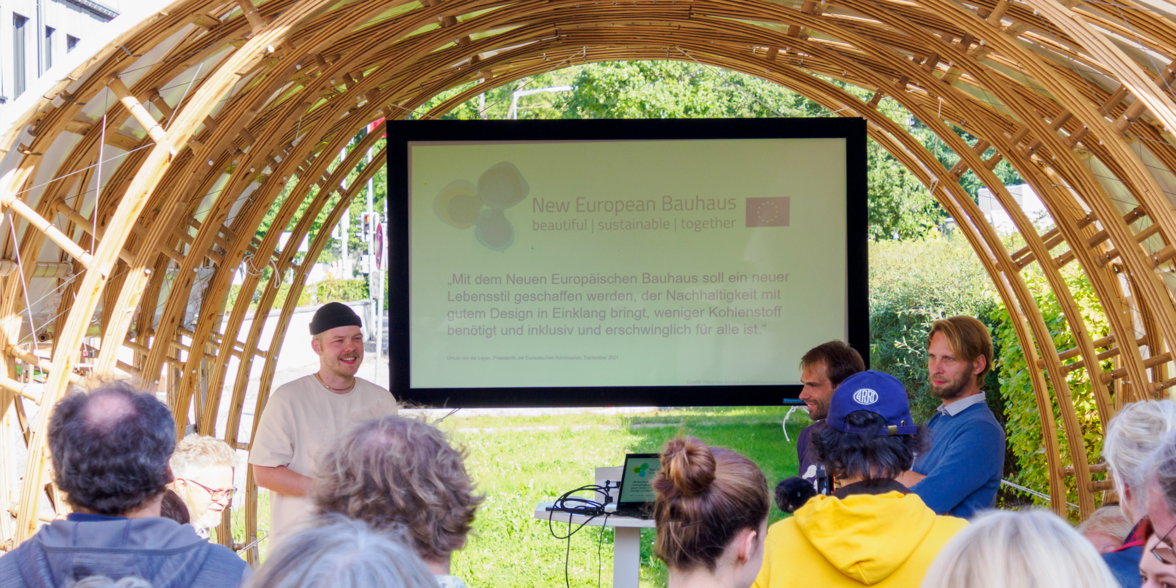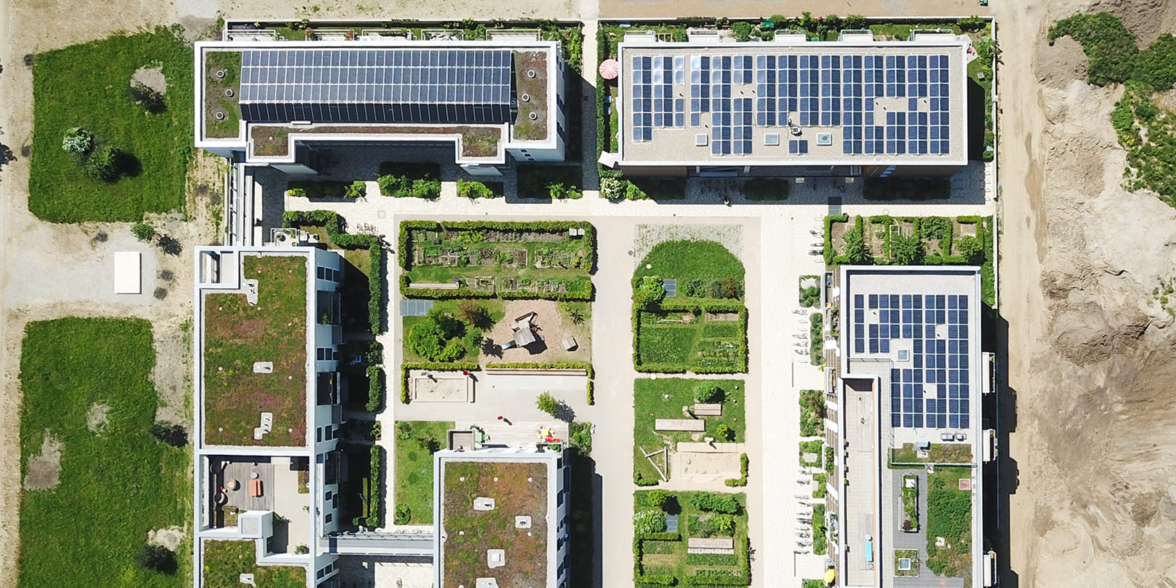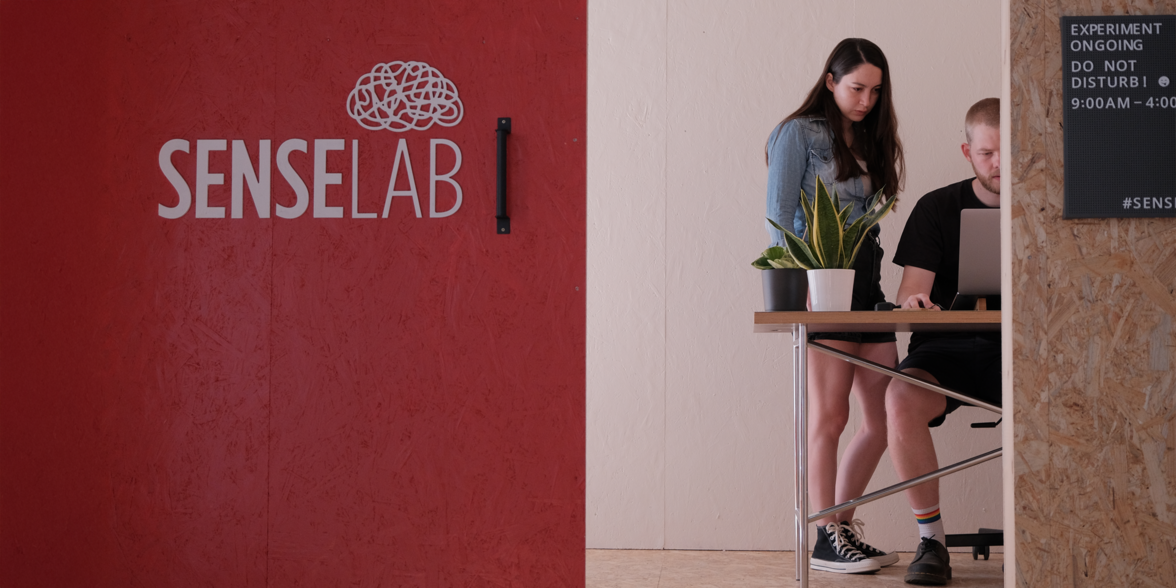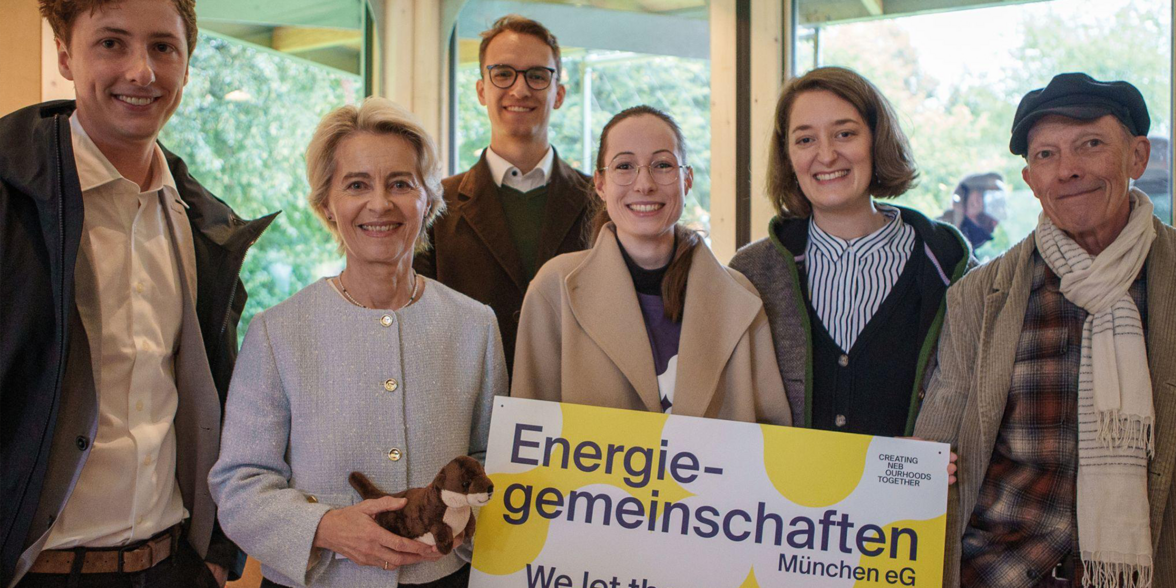The Chair for Building Technology and Climate Responsive Design is part of the Department of Architecture within the Technical University of Munich (TUM). Its core focus in teaching and research is a holistic design approach for buildings in consideration of the sustainability goals of the European Union (EU). A 90% reduction of CO2 emissions in the building sector compared to 1990 is the main goal of the EU carbon roadmap.
Transformation of the built environment
The implementation of the carbon roadmap will have major impact on the built environment. The necessary transformation process goes hand in hand with the ongoing transformation in the wake of climate change and urbanization. In research the chair is dealing with transformations of the built environment and develops a holistic design approach hand in hand with architects, engineers and urban planners.
Holistic approach
In the past, energy efficiency was primarily driven by technology. At the moment, however, there is a rethinking of more holistic concepts that increasingly incorporate the urban and regional scale. The overall objective of this approach is to create maximum comfort in the interior as well as in the exterior of the built environment while minimizing the use of resources at the same time.
Tasks of the chair
The chair contributes through practice oriented research to new insights in the holistic design approach for buildings and cities. The Chair’s research projects can be grouped into two main focus areas: “Environmental Quality” and “Energy Management”.
In line with the changing requirements of our time, the chair teaches strategies for a better environmental quality and minimized energy both fundamentally in the bachelor's degree in Architecture as well as in depth in the master programs Architecture, Energy Efficient and Sustainable Planning and Civil Engineering.
Within research projects the focus is set on the application of simulation-software as planning instrument for the numerical calculation of thermal, lighting and flow specific processes. These insights with practical relevance can be made in the fields of thermal comfort, energy consumption and daylight supply. In research, the chair is conducting several projects with various sources of funding from public or private sector, on state, federal and European level.
Part of the chair is the "Fire Testing and Research Laboratory" of the TUM. It examines the fire behavior of building services installations and carries out research-, standardization- and audition-tasks for various application scenarios.
Further task fields are the knowledge transfer through various forms of publications, exhibitions, conferences (PowerSkin Conference) and cooperation with national and international universities (BauHow5).
Participations
The chair participates as partner in following institutions of the TUM:
Architecture Research Incubator (ARI)
The Architecture Research Incubator is a central facility at the Department of architecture for coordinating interdisciplinary research and development competencies in the design, engineering, urban developement and IT sectors. It supports research oriented student projects.
Centre for Sustainable Building
The Centre for Sustainable Building unites competences of the TUM in the field of energy efficient and sustainable design and building, especially from the faculties of Architecture, Civil, Geo and Environmental Engineering and the Department of Electrical Engineering and Information Technology.
